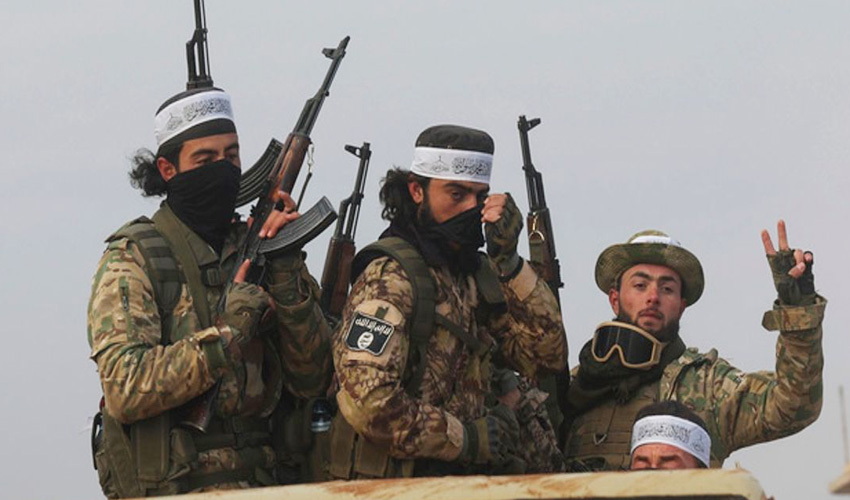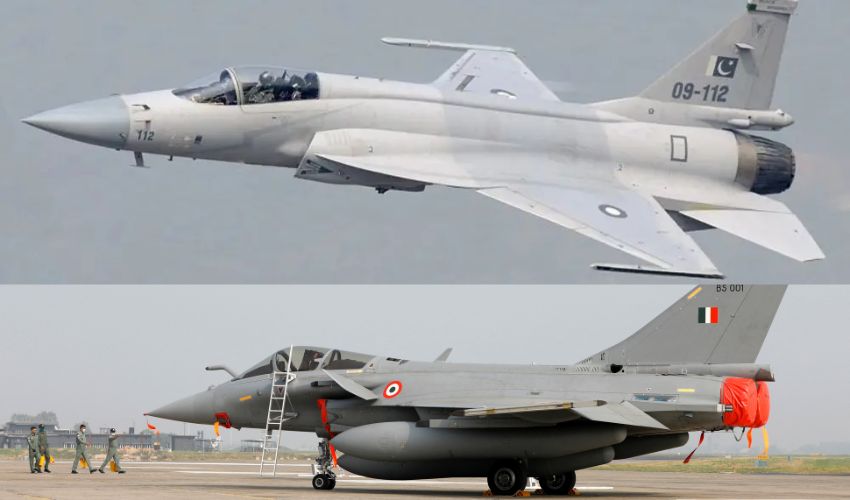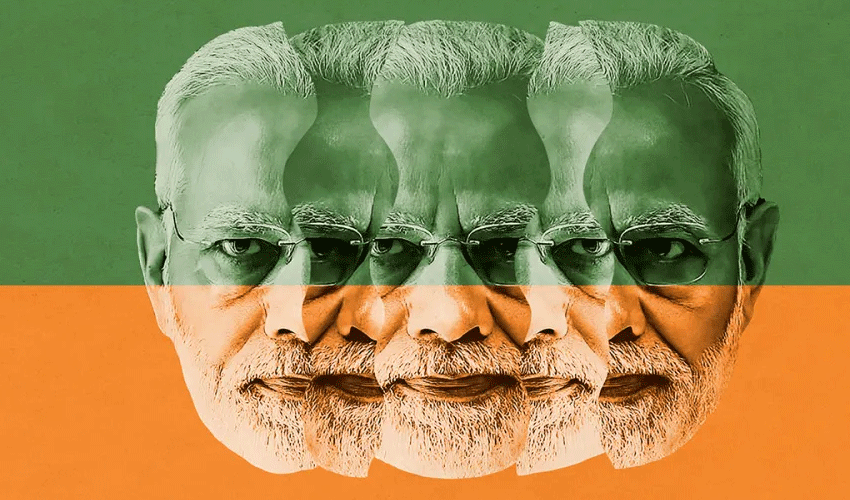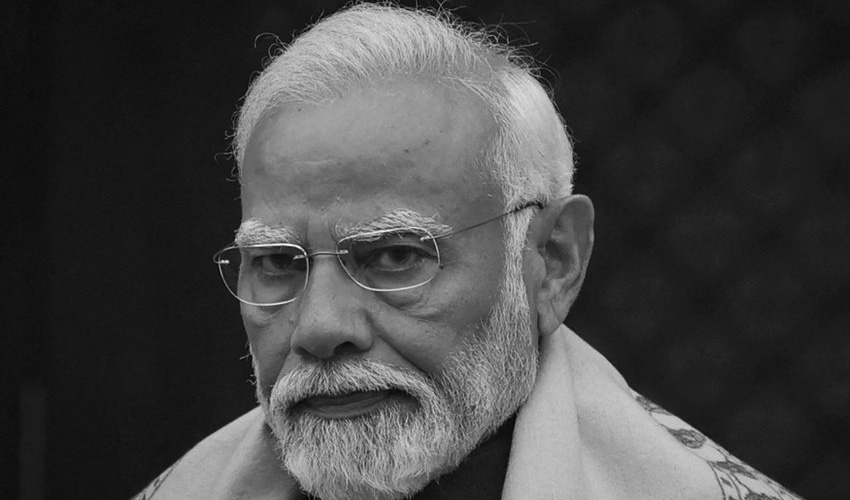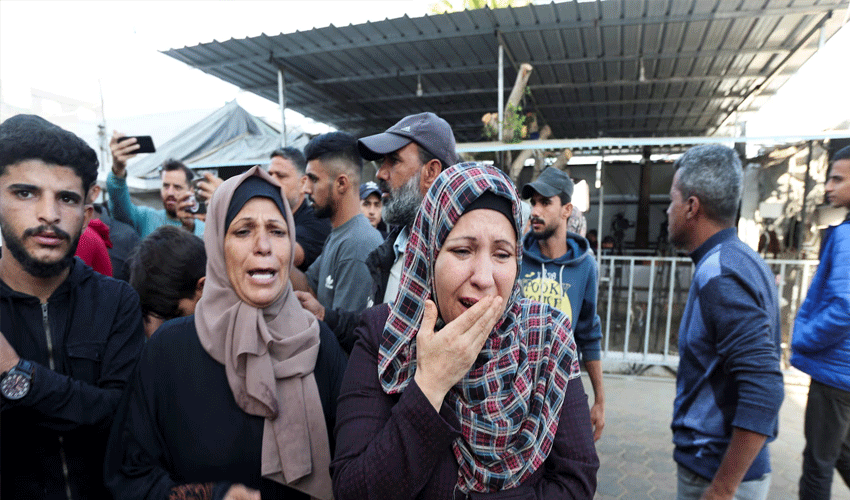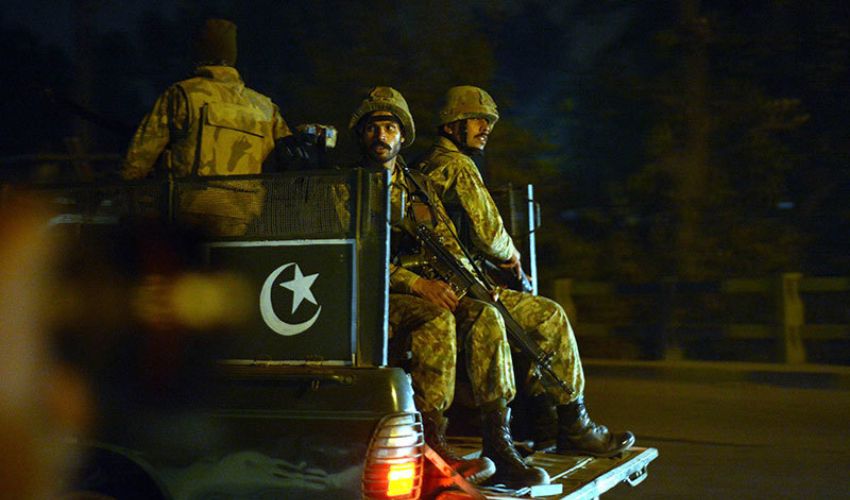Rebel forces in northwestern Syria have made significant advances, pushing towards the strategic city of Hama after capturing Aleppo in a rapid offensive that began last week.
The opposition, led by Hayat Tahrir al-Sham (HTS), a prominent group formerly known as al-Nusra Front, has seized key locations in the area, including the military academy and Khanasir, a critical supply route.
This sudden escalation has led to intense counterattacks by Syrian government forces, supported by Russian airstrikes.
According to reports, Syrian and Russian warplanes have launched heavy bombardments on opposition-controlled areas, including Idlib and Aleppo, as they attempt to push back the advancing rebels.
The aerial strikes, which began Saturday, reportedly targeted weapons depots and rebel strongholds, although local sources have raised alarms over civilian casualties. On Sunday, the Syrian Observatory for Human Rights reported that Russian airstrikes hit camps for displaced people in northern Syria, killing at least eight civilians and injuring 50 others.
The latest fighting, which marks a major shift in the Syrian conflict, has intensified fears of a potential "scorched earth" response from the Assad regime and its allies. Human rights activist Razan Saffour, speaking to Al Jazeera, expressed concern over the vulnerability of rebel-held territories to aerial bombardments, recalling similar tactics used by Russian and Syrian forces in past offensives.
The United Nations’ special envoy to Syria, Geir Pedersen, called for an immediate political resolution to the conflict, warning that the ongoing violence poses a severe risk to civilians and threatens regional and international stability. "The latest developments have serious implications for regional and international peace and security," he said in a statement on Sunday.
In his first comments since the offensive began, Syrian President Bashar al-Assad vowed to continue defending the country's territorial integrity. Speaking late Saturday, Assad described the rebels as "terrorists" and declared that the Syrian government would resist their advances, regardless of the intensity of their attacks. "Syria will defeat these groups and protect its sovereignty," he affirmed.
Meanwhile, rebel fighters continue to hold their positions on the outskirts of Hama, with reports of fierce clashes between opposition forces and Syrian troops. Al Jazeera’s Sinem Koseoglu, reporting from the Turkish-Syrian border, stated that while some towns and villages have changed hands multiple times, the situation remains fluid and volatile. "The opposition forces are trying to push deeper into government-held areas, but the frontlines are constantly shifting," Koseoglu noted.
The rebel offensive has also sparked a wave of displacement, adding to the already dire humanitarian crisis in Syria. Thousands of civilians have fled their homes in search of safety, joining millions of others who have been forced to abandon their homes due to the ongoing conflict. The White Helmets, Syria's volunteer rescue workers, reported that at least 25 people, including 10 children, were killed in Sunday’s airstrikes by the Syrian and Russian forces.
The Syrian government has fortified its positions in Hama, with the state news agency SANA reporting that troops have received fresh supplies of heavy equipment and rocket launchers. These reinforcements are aimed at countering the rebel advance and protecting critical infrastructure in the region.
The developments in northwestern Syria are the most significant since the frontlines largely stabilized in 2020, following years of intense fighting. The latest push by the rebels, who are gaining territory at a rapid pace, has raised questions about the future of the conflict and the possibility of a renewed international effort to mediate peace.
Internationally, Syria’s allies, including Iran, have expressed unwavering support for the Assad regime. Iranian Foreign Minister Abbas Araghchi visited Damascus on Sunday, reaffirming Tehran’s commitment to backing Assad’s government. Additionally, Jordan’s King Abdullah II and UAE President Sheikh Mohamed bin Zayed Al Nahyan have both expressed solidarity with the Syrian president in recent communications.
As the conflict rages on, residents of Aleppo, who lived under government control for years, have expressed mixed emotions. While there is apprehension about the potential for more destruction, there is also a sense of hope among some who see the rebel advance as a possible turning point in the war.
"We are anxious, but there’s also a sense of excitement and hope for what might come next," said one Aleppo resident, reflecting the uncertainty that defines life in Syria’s war-torn regions.






